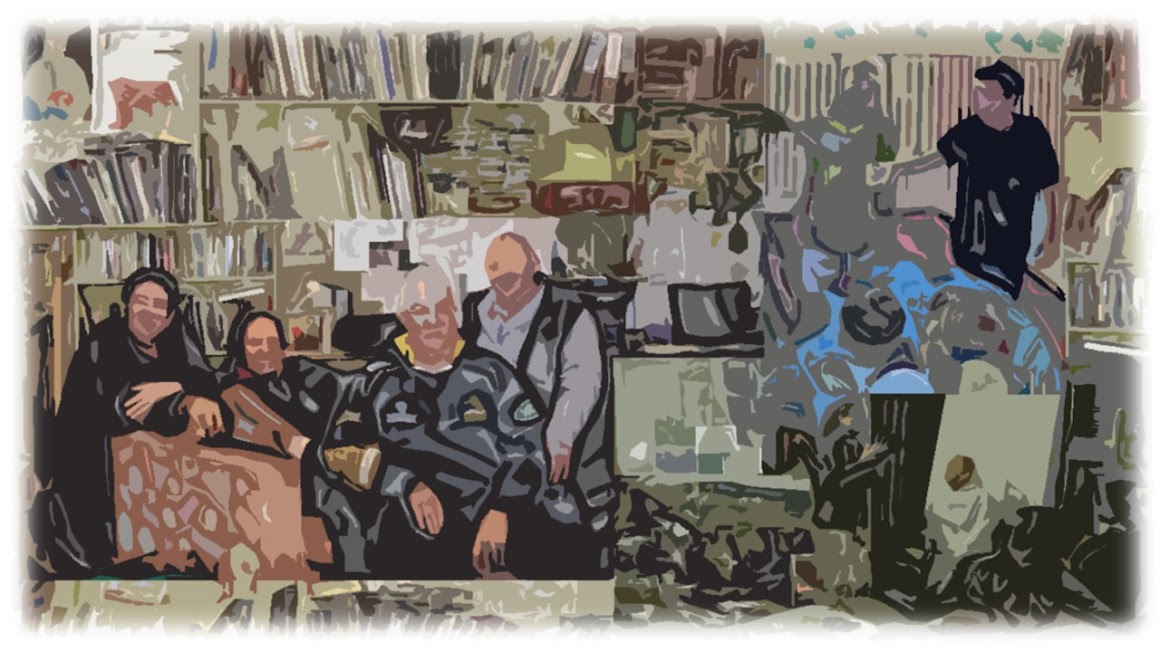The issues at stake in Australia today.
Just as Australia has serial welfare families over generations, it now also has serial teacher, welfare services and public servant families, members of which have no memory of ever being off the public purse, and have few worries about financial security. Lacking an understanding of economics beyond their own cosseted employment position, they support policies that help themselves and their sector, such as higher taxes, government intervention, job security, tough dismissal laws and protectionism, claiming these are good for everyone. This sector is a primary constituency of the ALP.
Those who go to school (which is everyone) are taught that environmental degradation is the world’s worst evil. The ALP gets many recruits from this source. The conservative Coalition once had its own easy pool for recruits, ordinary families. But the Coalition base is threatened because to get on in modern society many people, apart from the tradesman sector, have to go to tertiary institutions, which have been taken over by the conventional anti-American and anti-Western wisdom. This creates a new captive market of true believers. As a result the second sector now has to recruit refugees from the first one—those who are smart enough to unlearn what they learnt at university, and to discard group-think. This is a very fluid situation—there are fewer rusted-on party allegiances.
ALP activists, who increasingly have had no career outside politics, have to use the political system to get employment for themselves and their allies. They foster new constituencies (for example, welfare recipients, the disadvantaged, multicultural and artistic elites, the education industry), which are not like the old natural ones based on class and economic status, but are artificially formed lobby groups. The ALP collects their votes and in turn bankrolls them, a cosy self-enclosed arrangement. As a result the ALP turns to the state as a source of self-supply. Its operatives in government often blur the line between party and state: in-group aggrandisement becomes one of the aims of government. Gillard described her last budget as a Labor budget, not one for all Australians. After a life spent in politics Labor activists arrange for themselves public service positions, sinecures, university posts and other generous benefits rarely available to non-government toilers who pay the taxes which subsidise these advantages. In contrast the second group does not depend on employment in the public sphere.
The first lessons ALP apparatchiks learn during their early climb up the political ladder is that the party is everything, and virtually anything (“whatever it takes”) can be done to advance its cause. This entails among other things becoming a control freak and a media manager. (The popular term “control freak” is a current version of what used to be known technically as the “proto-totalitarian personality”, that is, those who have intuited in a personal, petit mal form the control techniques which first appeared in a grand mal form last century.) These primal, habit-forming lessons they never relinquish. They have an overdeveloped sense of entitlement. They resemble nothing so much as eighteenth-century courtiers, hanging round the throne looking for a patron, retailing current court gossip, hoping to get on by connections, by influence rather than merit, having jobs arranged for themselves, so caught up in their ambition bubble they are oblivious to the worries of the great mass of people outside.
So when they eventually get into power, the only basic principle they have is to serve the party. The state is a honeypot to be raided. They expand the honeypot by taxing successful businesses such as mining and energy-producing companies, and then redistribute the windfall via the schools building program to education, a poor performer but one of their prime constituencies.
The text in bold encapsulates what I believe to be the central problem in Australian society at this moment in time. These excerpts are taken from the following article:
http://www.quadrant.org.au/magazine/issue/2011/10/government-by-control-freaks

No comments:
Post a Comment